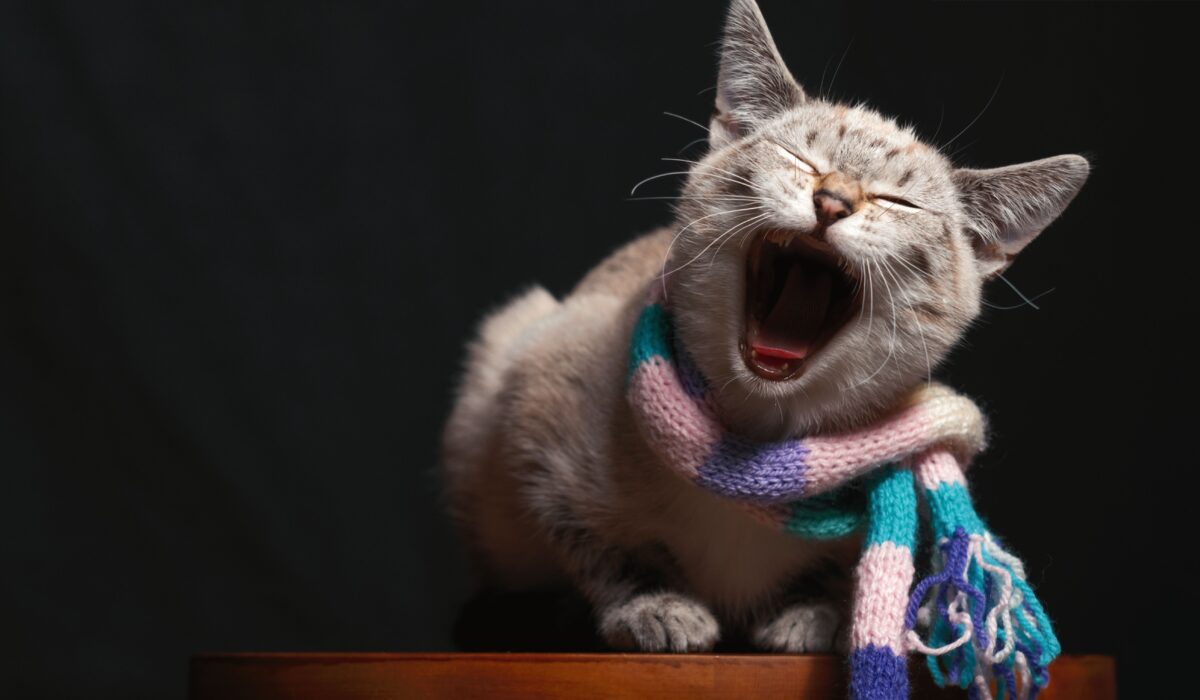The Secret Emotional Life of Your Cat: What Your Feline Friend Really Thinks
Ever wonder what’s going on behind those mysterious feline eyes? Your cat might seem like an aloof, independent creature, but the truth is far more fascinating. Our whiskered companions have rich emotional lives that are surprisingly similar to our own. Let’s dive into the wonderful world of cat emotions and discover what your furry friend is really thinking.
Do Cats Really Understand Us?
The short answer? Absolutely! Cats are emotional detectives, constantly reading our moods and responding accordingly. When you’re crying, your cat might suddenly appear by your side, offering gentle head bumps or quiet purring. This isn’t coincidence – cats genuinely understand when we’re upset and often try to comfort us in their own special way.
Your cat has learned to read your emotional cues just like you’ve learned to read theirs. They know when you’re happy, sad, stressed, or even angry. Some cats become so attuned to their owners that they can sense anxiety or depression before humans even realize they’re feeling down.
The Love Language of Cats
“Do cats know we love them?” is one of the most heartwarming questions cat owners ask. The answer is a resounding yes! Cats absolutely understand love, though they express and receive it differently than dogs or humans.
When you kiss your cat, they might not understand the human gesture, but they certainly feel the affection behind it. Many cats respond to kisses with purring, head bonding, or their own version of kisses – gentle licks on your face or hands. Some cats even give “air kisses” by slowly blinking at you, which is actually cat language for “I love you.”
Your cat shows love through:
- Slow blinking (cat kisses)
- Purring when near you
- Kneading with their paws
- Following you around the house
- Bringing you “gifts” (yes, even dead mice are love tokens!)
- Sleeping on or near you
The Emotional Rollercoaster: Cat Feelings Explained
Sadness and Depression
Cats can absolutely feel sad and even experience depression. You might notice your cat becoming less active, eating less, or hiding when they’re feeling down. Major changes like moving homes, losing a companion, or changes in your routine can trigger feline sadness.
Loneliness
Despite their reputation for independence, cats can feel lonely, especially if they’re used to having company. Indoor cats who spend long hours alone might become clingy when you return home or develop behavioral issues.
Jealousy
Oh yes, cats can be jealous! They might act out when you pay attention to other pets, new family members, or even when you’re on the phone too long. Jealous cats might knock things off tables, meow excessively, or try to insert themselves between you and whatever’s stealing your attention.
Anxiety and Stress
Cats are sensitive creatures who can become anxious about changes in their environment. They might hide, over-groom, or have accidents outside the litter box when stressed.
Your Cat’s Emotional Intelligence
Do They Know Their Names?
Most cats absolutely know their names! They might not always come when called (this is a cat, after all), but research shows they can distinguish their name from other words. Some cats even learn the names of other family members and pets.
Can They Tell When You’re Upset?
Cats are remarkably good at reading human emotions. They often respond to crying by offering comfort through purring, gentle touches, or simply staying close. Some cats become “therapy cats” for their owners, instinctively knowing when emotional support is needed.
Do They Miss You?
When you’re away, your cat likely misses you more than you realize. They might sleep in your favorite chair, carry around items that smell like you, or become extra affectionate when you return. Some cats even experience separation anxiety.
The Guilt Factor: Do Cats Feel Sorry?
This is where cat psychology gets interesting. While cats don’t experience guilt the same way humans do, they can definitely sense when they’ve done something that upset you. That “guilty” look you see after finding a knocked-over plant? Your cat is reading your body language and responding to your mood, even if they don’t connect it to their earlier mischief.
However, cats do show what we might call “regret” in some situations. They might try to make amends by being extra affectionate or bringing you gifts after sensing you’re upset with them.
Building a Stronger Emotional Bond
Understanding your cat’s emotional world can deepen your relationship. Here are some ways to connect:
Respect Their Communication: Learn to read your cat’s body language and vocalizations. A slow blink means “I love you,” while a twitching tail might mean “I need space.”
Establish Routines: Cats feel secure with predictable routines. Regular feeding times, play sessions, and bedtime rituals help them feel emotionally stable.
Provide Comfort During Stress: When your cat is anxious or sad, offer gentle reassurance. Sometimes just being present is enough.
Celebrate Their Personality: Every cat has a unique emotional personality. Some are social butterflies, others are quiet observers. Embrace what makes your cat special.
Your cat is far more emotionally complex than you might have imagined. They love, worry, feel jealous, experience sadness, and yes, they definitely know how much you care about them. The next time your cat curls up on your lap purring, remember – this is their way of saying, “I understand you, I love you, and I’m here for you.”
So the next time someone tells you cats are aloof or uncaring, you can confidently tell them they’re wrong. Cats are emotional beings who form deep, meaningful bonds with their humans. They just express it in their own wonderfully unique, feline way.
Remember: Every cat is an individual with their own emotional needs and expressions. Pay attention to your cat’s unique personality and always consult with a veterinarian if you notice significant changes in behavior that might indicate emotional distress.



